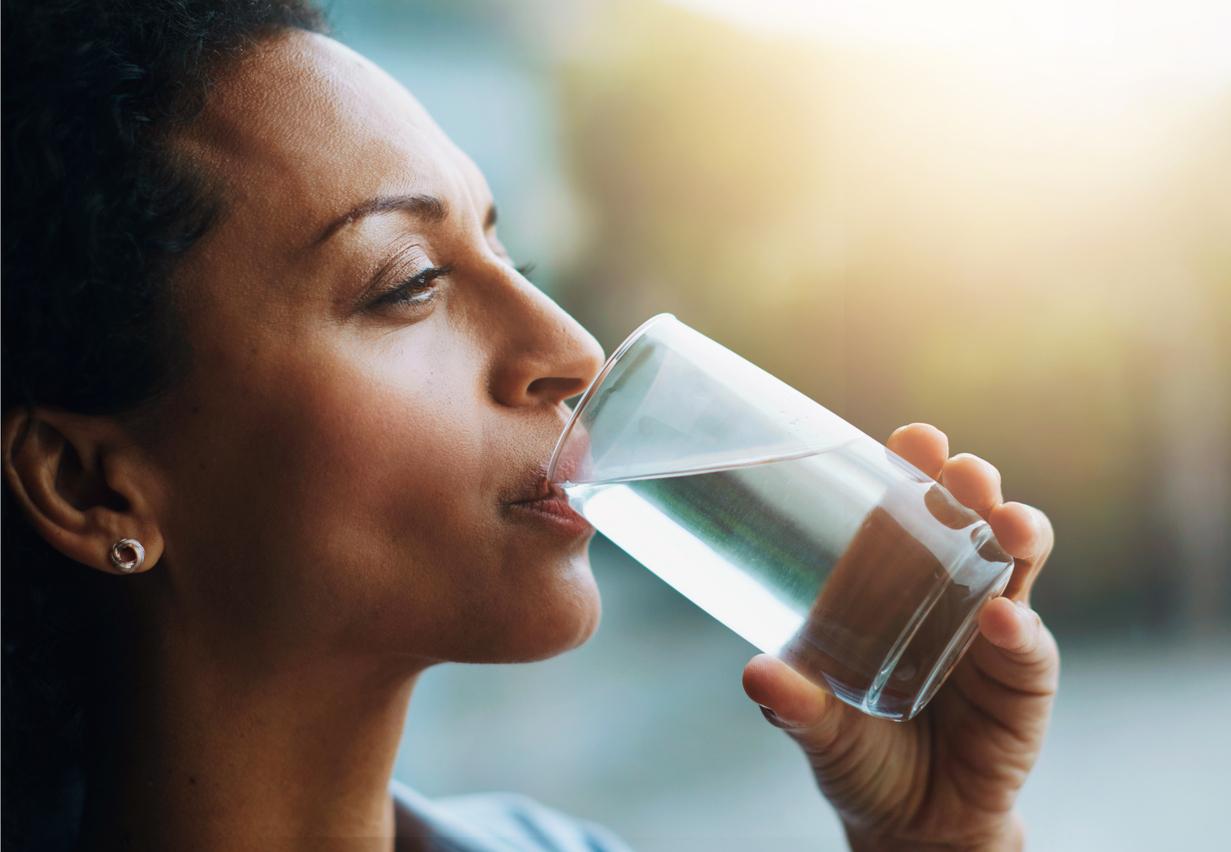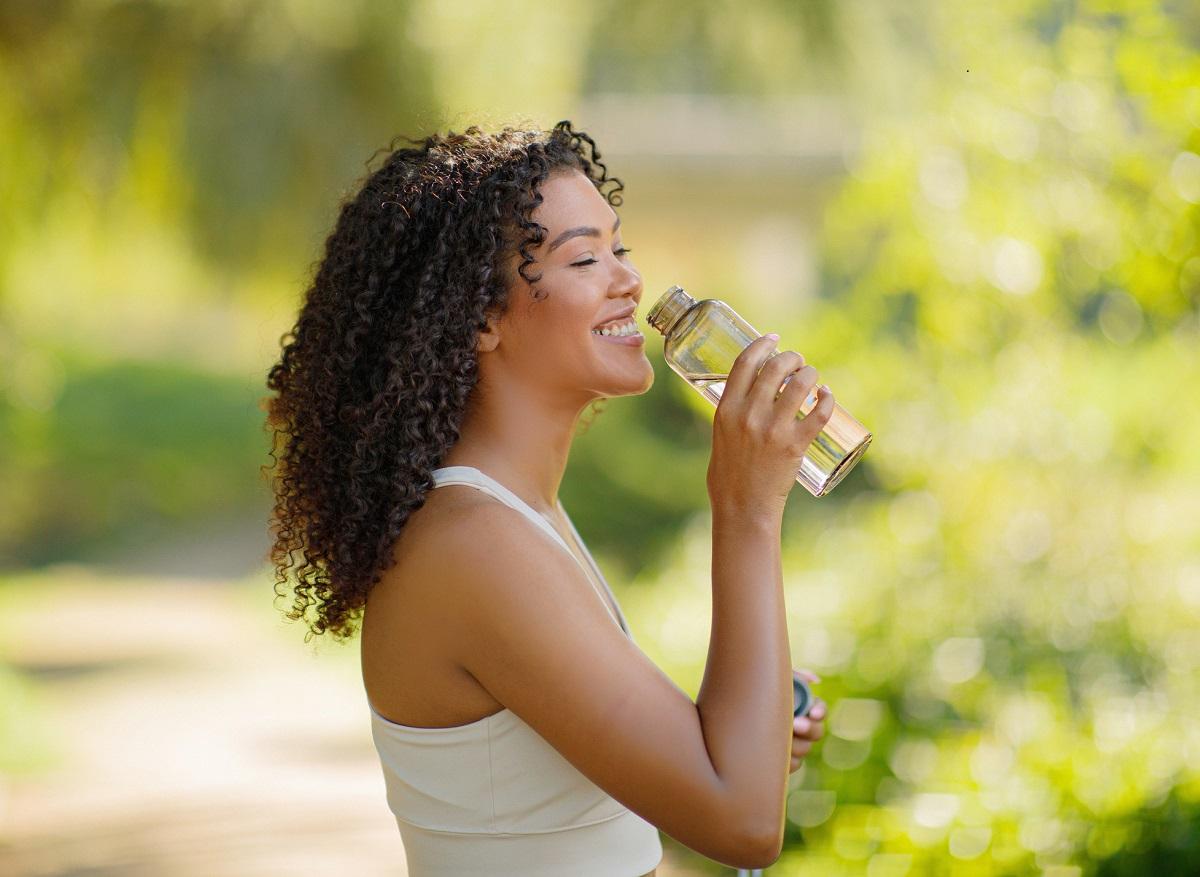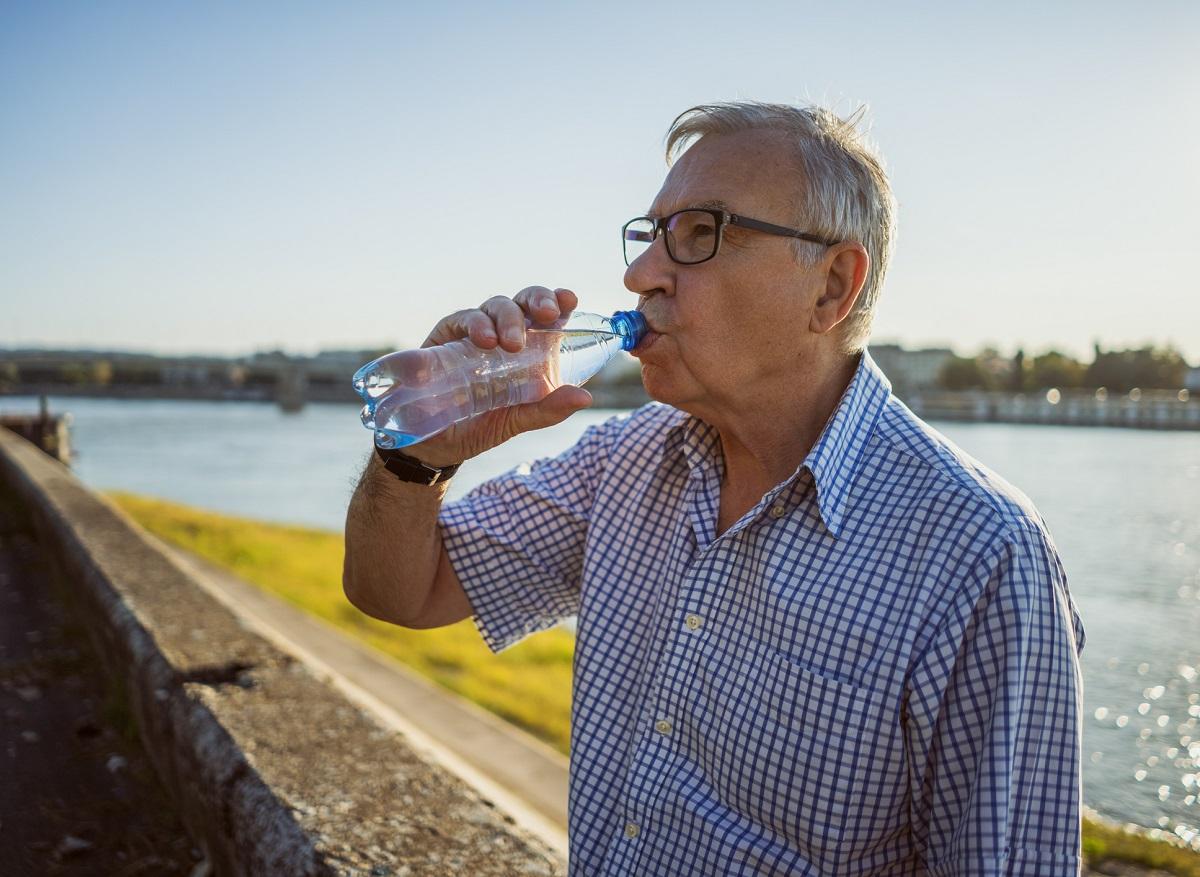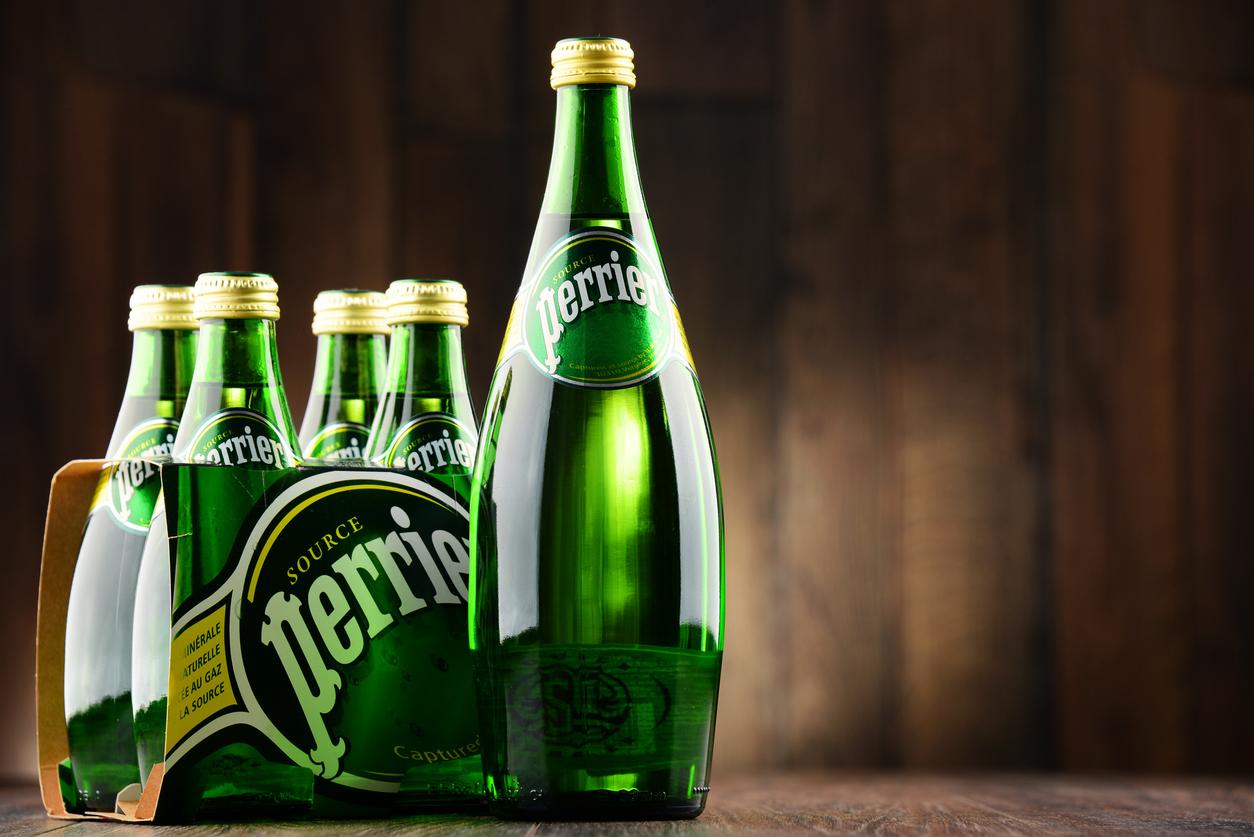A filtration device is only necessary if the water is said to be “hard”, to remove limescale and thus reduce the problems of scaling in pipes, taps… Softening water that is too hard has another advantage: to prevent it from making the skin dry or even irritated. Note, however, that water softeners have no effect on nitrates, bacteria …
The water is softened collectively in some buildings and maintenance is assured: you don’t have to do anything. But if you have a water softener in a detached house or want one (the installation must be done by a professional to ensure the right settings), it is not the same! The resins used to soften the water promote the growth of bacteria. It is therefore essential not to forget to carry out the disinfection cycles rigorously according to the program indicated for the device, and to add salt regularly. Otherwise, the proliferation of unwanted bacteria is quickly observed in the water. But can we drink softened water or not? “It is true that its chemical composition is changed. In fact, contrary to popular belief, the question does not arise. The softener is only connected to the hot water network (that we do not drink, in principle!). It is in fact prohibited by the public health code to treatwater cold that comes directly from the public network. So the cold water that comes to your tap does not need to be treated and is good for drinking! », Explains Dr Fabien Squinazi.
Drinking hard water, is it bad?
Brush up on this misconception. Limestone is neither more nor less than calcium and magnesium! Drinking hard water is therefore not bad for your health, on the contrary: it contributes to the intake of calcium and magnesium which are frequently lacking. Moreover, it has never been demonstrated to have negative health effects linked to the presence of limestone, in particular on the frequency of kidney stones, nor any toxicity.
With a filter jug, is the water healthier?
A lot of homes have one. It is bought to remove the chlorine taste from tap water – that said, putting the water in the refrigerator removes it as well! -, or to reduce lime, pesticides, nitrates …
“But the carafe filter doesn’t just filter out unwanted pollutants! It retains other components beneficial to the body and health, such as calcium, magnesium, trace elements whose concentrations decrease in filtered water. We no longer have normally balanced tap water. We lose quality, ”insists Dr Squinazi.
Other concerns that may arise: lack of adequate maintenance, the water in the carafe is not always that healthy … “Studies have shown that once filtered, it can contain germs, whereas ‘there was none at the start. As the chlorine is removed, bacteria proliferate more easily in the stagnant water, especially if the carafe is contaminated during maintenance. With the regular non-replacement of the filter cartridge, it is also the assured development of bacteria! continues Dr Squinazi. Finally, there may be a passage of the components of the filtered in water, components which the body does not need at all … “
For the filter on the tap, it is the same principle as the filter jug: we drink transformed water, with the same drawbacks.
Follow the instructions …
If you are using a filter jug, wash your hands well before filling it and changing the cartridge. Change the latter at the rate indicated by the manufacturer. In principle, the carafe should be put in the fridge, which is hardly ever done. In any case, don’t keep the water in it overnight, and rinse it out.















